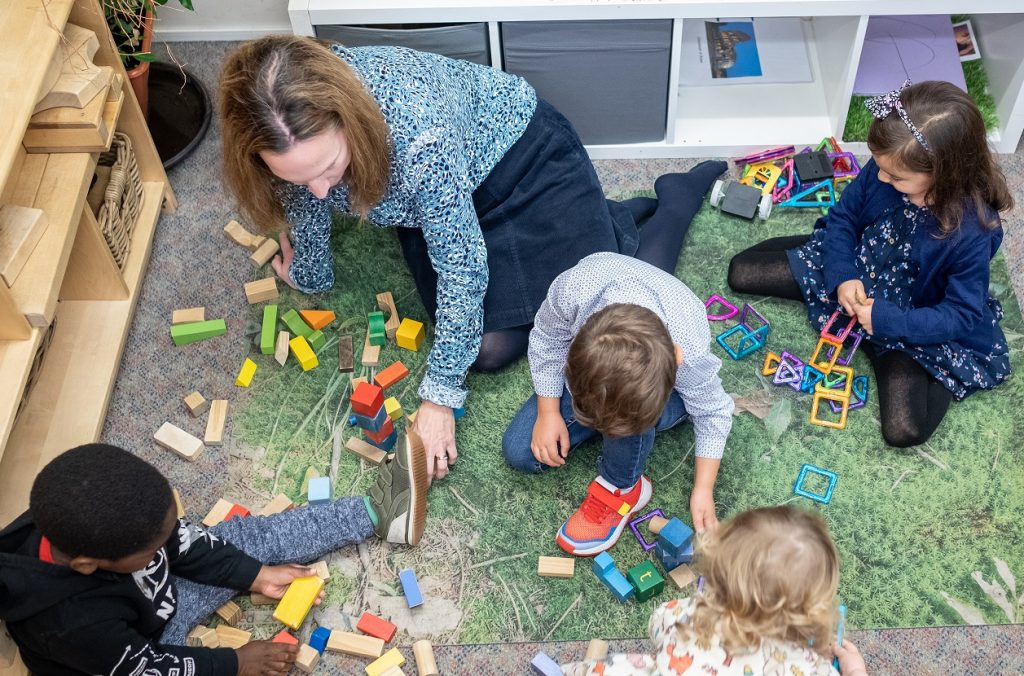Challenge 3 is investigating how children’s experiences at home and in EY settings influence their mathematical learning. This includes a focus on both the activities that children engage in and the nature of they interactions they have during these activities.

To investigate how early years settings in the UK and internationally support children’s mathematical learning, we are conducting visits to around 50 education settings. Interviews and observations are revealing the variety of ways in which mathematics learning happens in early education settings and the views of early years practitioners about supporting early mathematics.
International visits in Cuba, Chile, Australia, Norway & Sweden allow comparisons of similarities and differences of provision across countries.
To obtain a finer-grained perspective of how interactions with adults can provoke children’s mathematical talk and thinking, we are conducting conversation analysis of existing and new datasets involving mathematical interactions between children and adults.
We are also investigating the nature of mathematical activities and interactions that occur at home, to identify how families can support children’s mathematical learning. This involves participatory methods to collect new data as well as the analysis of existing datasets concerning the mathematical activities that parents engage in with their children.
As with all CEML research we are prioritising recruiting a diverse range of settings and participant samples and we will attend closely to equality, diversity and inclusion as they apply to families, teachers and schools.
